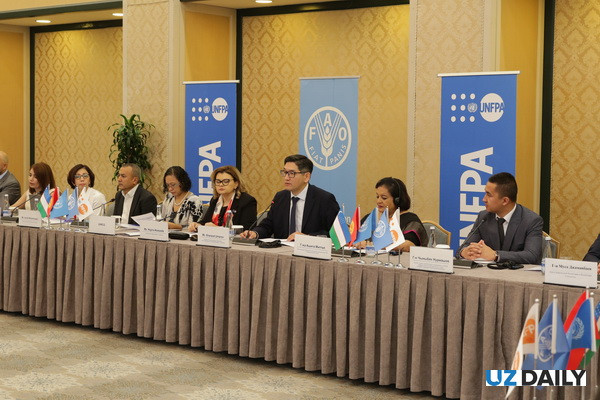
The results of a joint project on peacebuilding in the border areas of Uzbekistan and Kyrgyzstan have been summed up
Tashkent, Uzbekistan (UzDaily.com) -- Strengthening peace and achieving stability for the prosperity of multinational communities, especially in border areas, requires the collective efforts of all parties, including national institutions, authorities and the population as a whole.
More than 100 residents of the border areas of Kyrgyzstan and Uzbekistan, officials, and experts today took part in a gala event designed to sum up the results of the peacebuilding project in the border areas of the two neighboring countries.
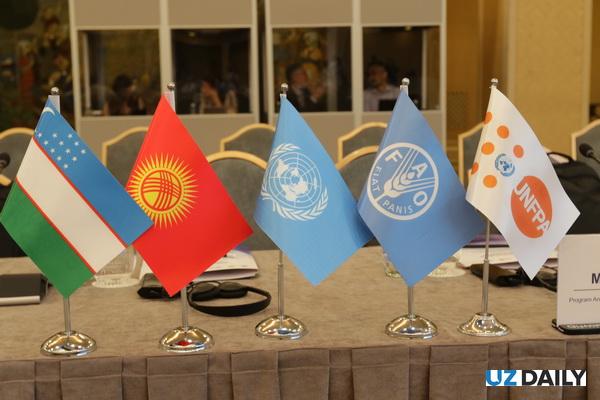
The project “Shared Prosperity through Cooperation in the Border Regions of Kyrgyzstan and Uzbekistan” implemented by the Food and Agriculture Organization of the United Nations (FAO) and the United Nations Population Fund (UNFPA) was launched in June 2022.
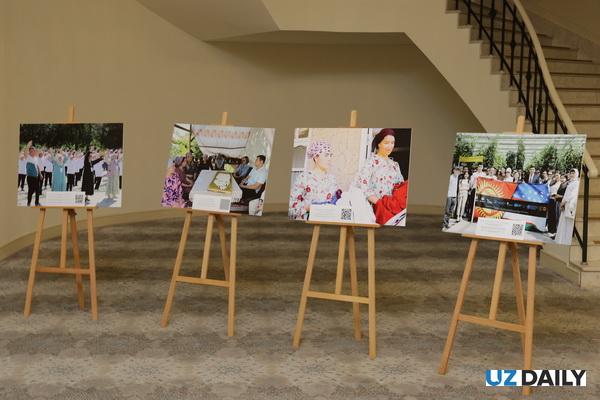
The project was funded by the UN Secretary-General’s Peacebuilding Fund and was aimed at strengthening good neighborly relations on both sides of the border that runs through the Fergana Valley. To this end, the project promoted cooperation in agriculture and other important socio-economic areas, focusing on expanding opportunities for women and youth in the border areas of Kyrgyzstan and Uzbekistan.
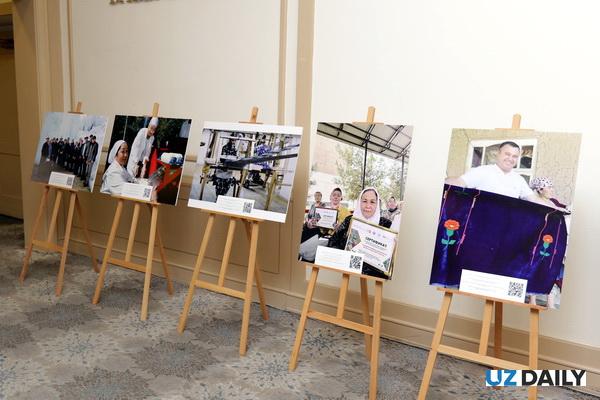
The project covered Jalal-Abad and Osh regions in Kyrgyzstan, as well as Namangan and Andijan regions in Uzbekistan.
The national partners of the project in Kyrgyzstan were the Ministry of Water Resources, Agriculture and Processing Industry, as well as the Ministry of Culture, Information, Sports and Youth Policy. The national partners of the project in Uzbekistan were the Ministry of Agriculture of Uzbekistan and the Committee for Women and Family Affairs.
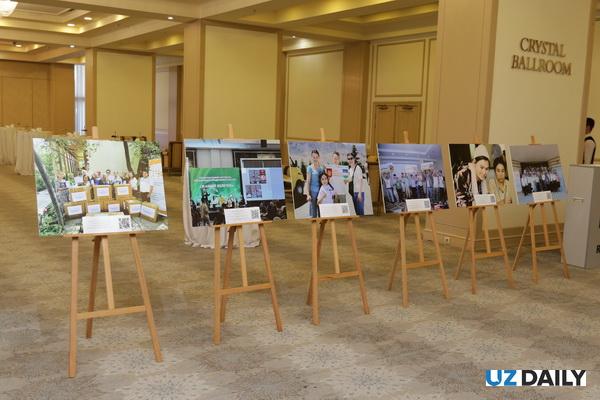
One of the key achievements of the project in the two countries was the creation of 66 self-help groups (SHGs), which brought together over 700 people. 90 percent of their participants are women.
It is important to note that ensuring gender equality occupied a special place in the implementation of the project, where women and youth were seen as key driving forces interested in peacebuilding processes.
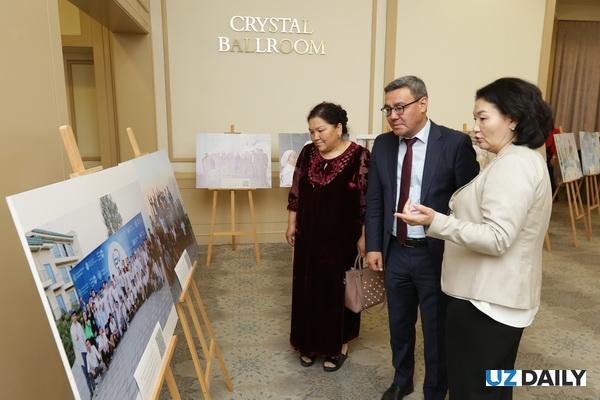
Today, self-help groups continue to develop and promote innovative solutions for climate-smart agriculture. And initiatives for processing agricultural products have turned from an idea into sustainable business projects that include the full value chain.
After receiving training in planting, watering and pest control methods, local residents were able to increase their yields by 20 percent, and thus increase their income. This was facilitated by the agricultural resources and equipment provided within the project: greenhouses, walk-behind tractors, drip irrigation systems and electric shepherd systems.
During the project’s implementation, nearly 60 different small business projects were supported in the two countries, totaling US$131,872, aimed at promoting women’s entrepreneurship and collaboration.
Preparing, launching and co-managing business projects strengthened the role of women, their leadership skills, and helped them become active members of communities that demonstrate social cohesion.
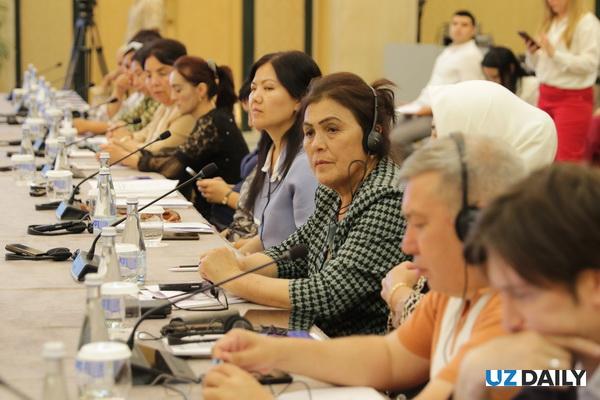
Along with self-help groups, under the leadership of local governments with the involvement of women and youth, a number of local problems of concern to communities were identified and resolved. Separately, it is worth highlighting the visits to exchange experience between farmers of Kyrgyzstan and Uzbekistan.
A total of 13 such visits were carried out during the implementation of the project.
But the main achievement of the project was the strengthening of mutually beneficial cooperation and friendship between communities in the border areas of Uzbekistan and Kyrgyzstan.
“The project has changed our lives very much,” said Khilola Juraeva, a resident of the village of Kosonsoy from Uzbekistan. “Thanks to new knowledge and equipment, I was able not only to start earning money myself, but also to employ other girls from my village. We learned how to plan, use a joint budget with other members of our self-help group, and sell our products. This not only improved my financial situation, but also allowed me to become more confident in my abilities. I am grateful to the project for this opportunity.”
As one of the participants in the delegation from Kyrgyzstan, Shekerbek Kamchybek uulu, head of the Kashka-Suu aiyl okmotu of the Aksy district of the Jalal-Abad region, noted, the project contributed to increasing the openness and efficiency of the work of state and municipal authorities, as well as increasing public confidence. “The project helped to unlock and realize the internal potential of border areas, helping the development and prosperity of our multinational society. The project was implemented in close cooperation with the population, civil society and authorities. We provided active support at all stages of planning and implementation of the project,” he said.
All residents of border areas who took part in the ceremony noted that the experience and knowledge gained through the project will help them successfully solve issues and tasks to preserve and enhance the results that were achieved during the project.